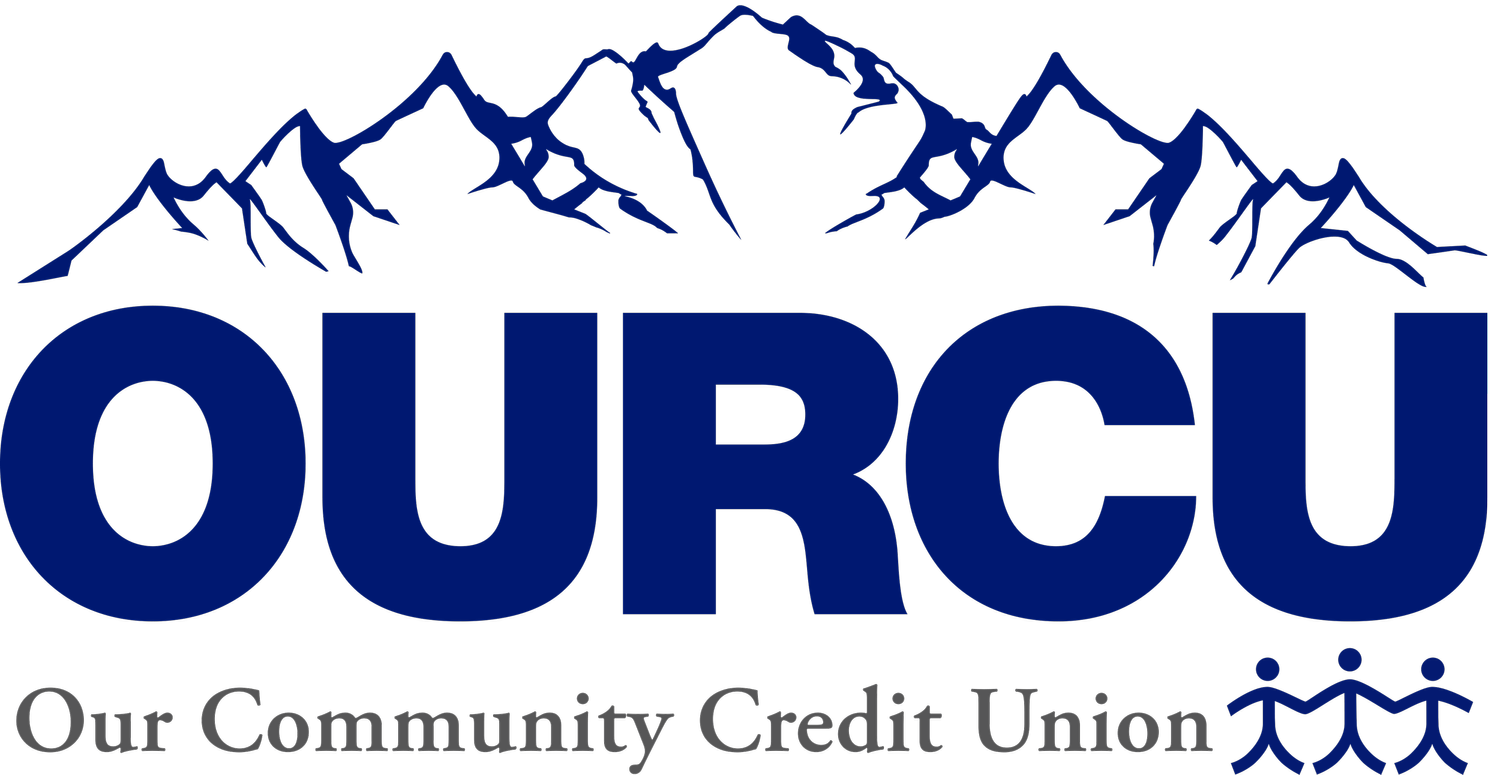Beware of Bitcoin ATM Scams: Protect Your Hard-Earned Money
According to the Federal Trade Commission (FTC), BitcoinATM Scams have cost people millions of dollars, with losses reaching upwards of $65 million just in the first 6 months of 2024.
You might ask how do these scams work?
Scammers often times use scare tactics to trick you into using a Bitcoin ATM. Typically it starts out with a phone call or text message, impersonating some higher authority, this could be anyone from a government agency, to local law enforcement to impersonating a credit union employee. They claim that there is suspicious activity on your account or that you are linked to illegal activities like money laundering or drug smuggling. I have even seen where they tell people there is a warrant out for their arrest. They then instruct you to withdraw cash from your account and deposit it to a Bitcoin ATM where the money goes directly to the scammer's digital wallet and is nearly IMPOSSIBLE to recover.
Here are some red flags to keep in mind:
Urgent Requests: Scammers like to create a sense of urgency, insisting that you MUST act immediately to protect your money.
Unsolicited Contact: You should always be wary of any unexpected phone calls or messages from anyone claiming to be from the credit union, the government or other entities.
Secrecy: Often times scammers will tell you to keep the transaction a secret from your loved ones or your financial institution.
QR Codes: Scammers might provide you with a QR code to scan at the Bitcoin ATM, which then directs your funds into their account.
How Do I Protect Myself Against These Scams?
Verify the source: If you get a suspicious phone call or message, contact your financial institution or the relevant institution directly using a number that is legitimate. It is okay to hang up on somebody to verify them.
Don't Act on Impulse: Easier said than done, take a moment to think and verify the information before making any transactions.
Educate Yourself and Others: Share this information you just read with friends and family around you to help protect them as well.
What Should I Do If I Think I Have Been Scammed?
If you believe you may have fallen victim to a scam, report it immediately to your financial institution and the FTC at ReportFraud.ftc.gov. The sooner you act, the better your chances of recovering your money.
As always if you have questions regarding any type of scam that may be circulating, be sure to check out the Fraud Blog at OURCU or give us a call.




